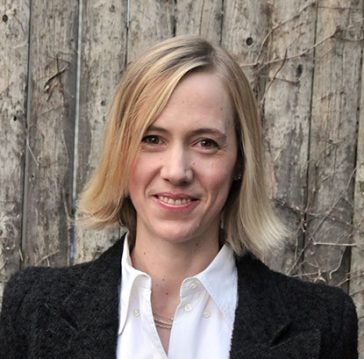
A new podcast on ocean health invited STEEP researcher Elsie Sunderland to speak about chemical pollution in the ocean. The podcast is part of Back to Blue, an initiative by the Economist Impact and The Nippon Foundation that aims to address ocean issues with sustainable and evidence-based solutions.
Sunderland, the Gordon McKay Professor of Environmental Chemistry at Harvard University, was asked to comment on the scope and extent of chemical pollution issues in the ocean. She was joined by host Charles Goddard, Editorial Director at The Economist Group, and fellow guest Alex Rogers, Director of Science at REV Ocean.
Sunderland explained the extent of the problem by pointing out that people tend to think of the areas around pollution sources, such as manufacturing sites, but do not think about where the pollutants travel. “Since the industrial revolution and the rise in chemical manufacturing, there’s been a great increase in pollution to rivers, which eventually flow into coastal ecosystems, so into marine ecosystems, and then those are in turn mixed globally,” she said. “It’s really a global problem.”
Rogers said that there is a great need for more research on whole-ecosystem effects, as opposed to only studying a handful of species. He also stressed the importance of studying multiple pollutants and other stressors at once. “Chemical pollution does interact with other changes we’re seeing in the ocean, so changes in ocean temperature, changes in terms of the ocean acidification state…can alter the effects of those chemicals on those organisms,” Rogers said. Sunderland followed this up by explaining that interdisciplinary collaboration will be key to answering these questions.
Despite the seemingly overwhelming scale of chemical pollution in the oceans, the podcast ended on an optimistic note. Goddard asked if the upcoming UN Decade of Ocean Science will be an opportunity to expand research and action on marine pollution, and Sunderland responded, “I’m ever an optimist, I think that these are great opportunities for us to both speak with the public, speak with policymakers, and take unified action on these fronts.”

